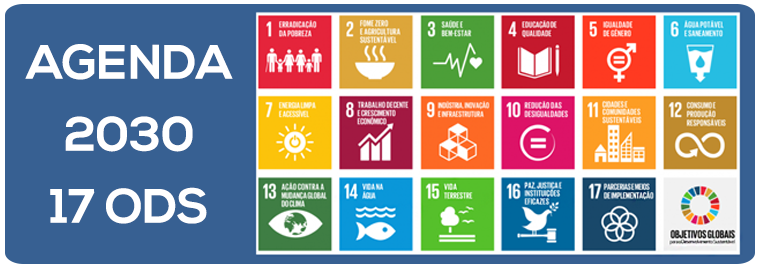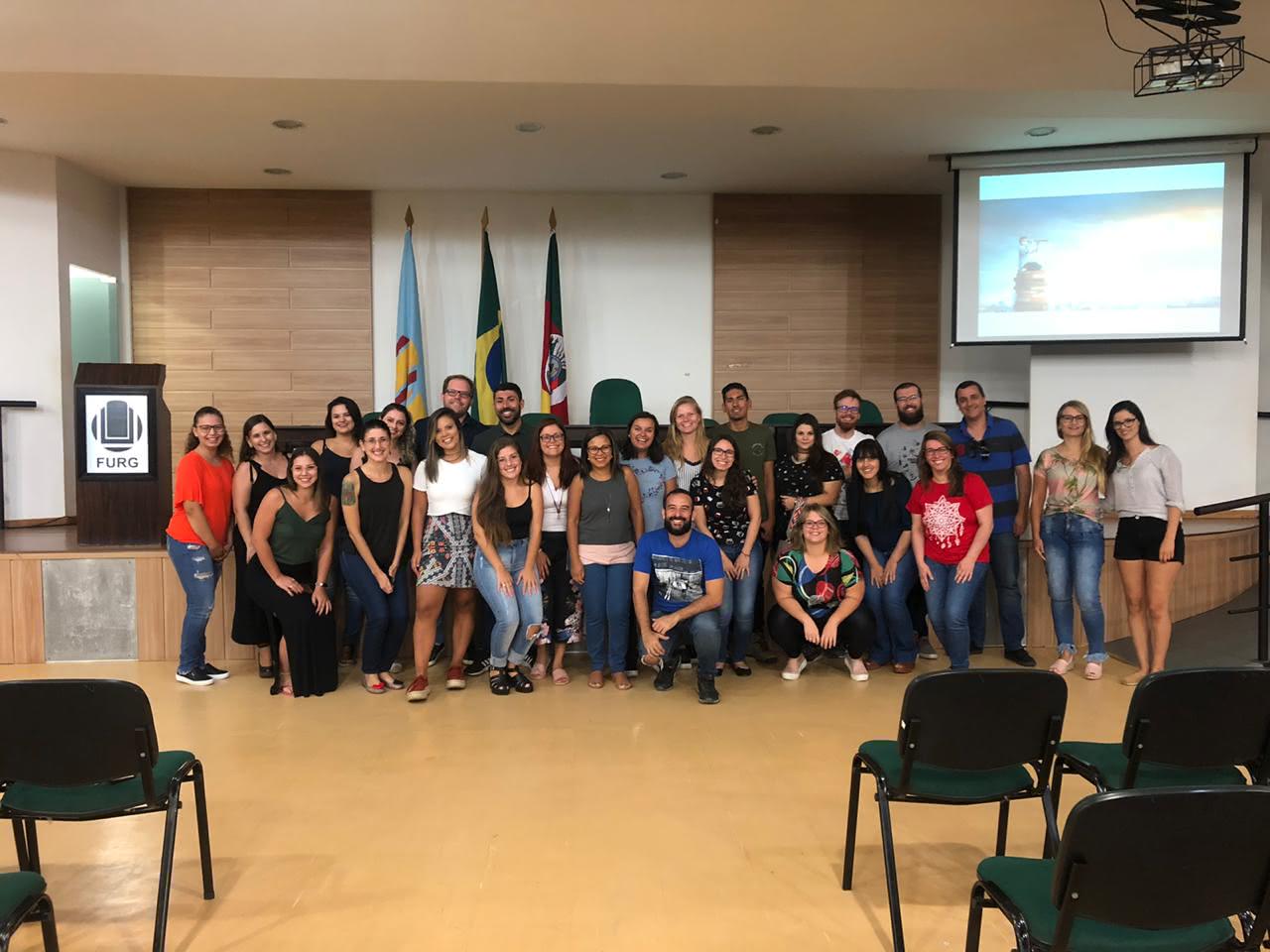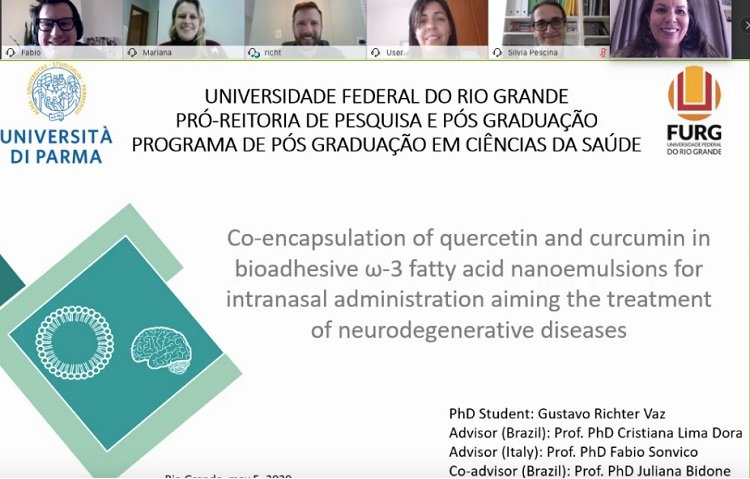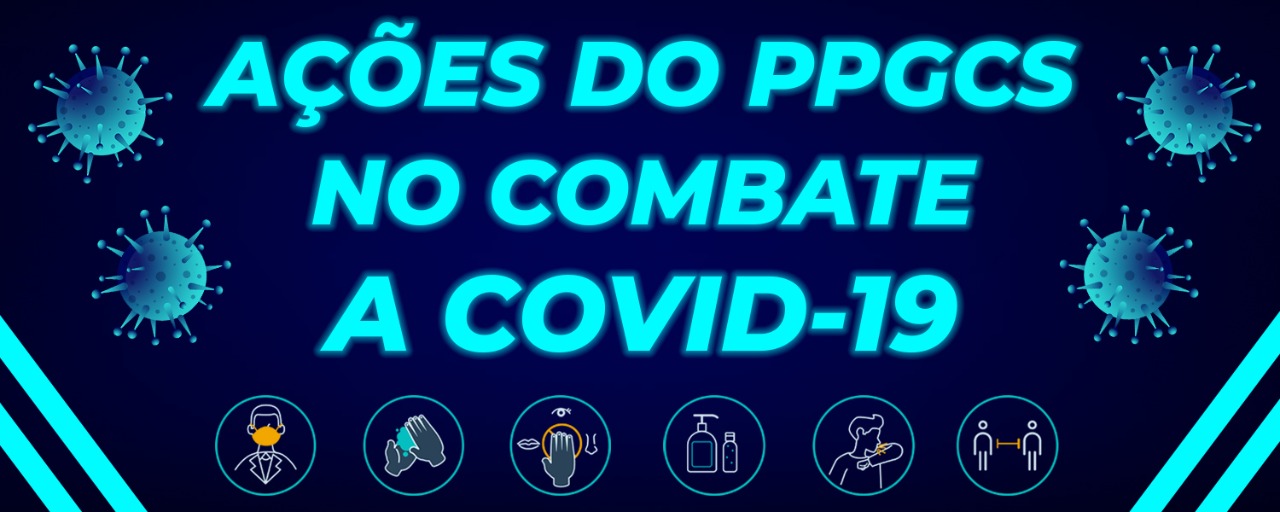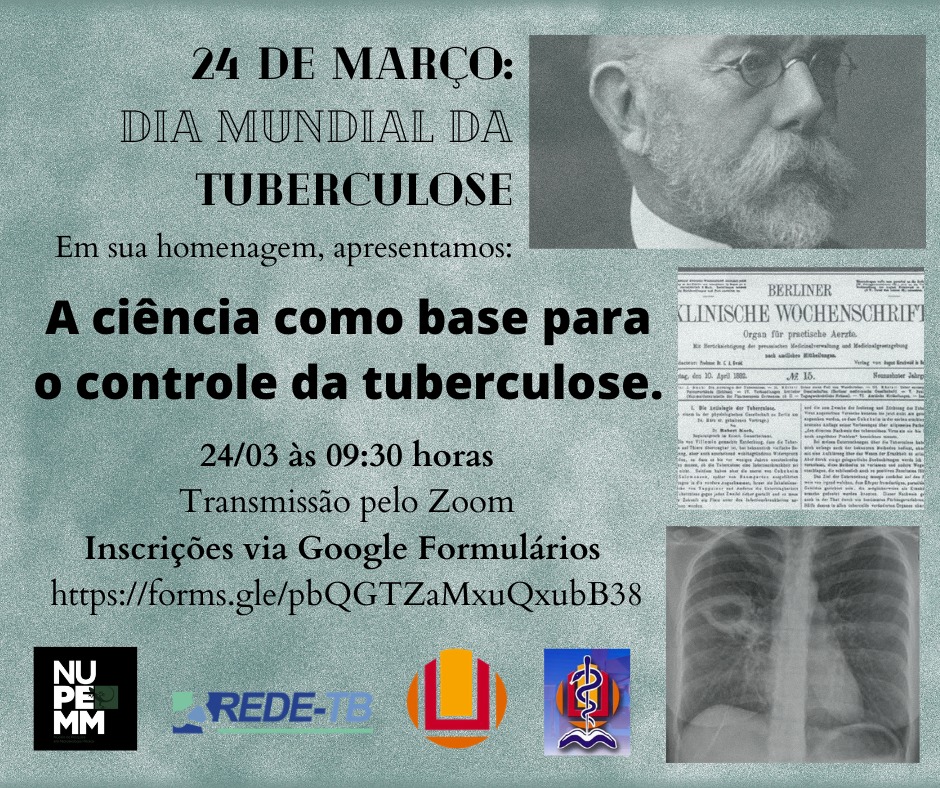A acadêmica do Programa de Pós-Graduação em Ciência da Saúde (PPGCS) da Universidade Federal do Rio Grande (FURG), Gabriela Hadrich, recebeu o prêmio de "Best Young Researcher Award", no 7º Euro-Global Summit on Toxicology and Applied Pharmacology. O evento ocorreu em Roma, na Itália, no período de 24 a 26 de outubro. O trabalho premiado de Gabriela, intitulado "Anti-Inflammatory effect and toxicology analysis of oral delivery quercetin nanosized emulsions in rats", foi desenvolvido no Laboratório de Nanotecnologia da FURG.
O trabalho tem como objetivo desenvolver um novo medicamento anti-inflamatório, de origem natural, com a utilização da nanotecnologia para auxiliar a melhorar a absorção desse composto e com isso aumentar sua atividade farmacológica. A fórmula foi testada em patologias que envolvem processos inflamatórios ou oxidantes e demonstrou resultados promissores doenças como asma alérgica e AVC hemorrágico, de acordo com Gabriela. "Os anti-inflamatórios causam várias reações adversas se utilizados em longo prazo e por isso a descoberta de novos anti-inflamatórios, com baixa toxicidade é muito relevante", afirma a acadêmica.
Para a acadêmica, participar de um congresso internacional é uma grande experiência. O incentivo, segundo Gabriela, vem constantemente da orientadora Cristina Dora. "Ela nos incentiva constantemente para que a gente participe de eventos, pois, além de estar em contato com pesquisadores renomados, firmamos parcerias e trocamos ideias, ampliando nossos horizontes", conta.
De acordo com Gabriela, além do orgulho e felicidade em relação aos trabalhos desenvolvidos no Laboratório de Nanotecnologia, a parte mais importante da premiação foi o reconhecimento. "Isso foi muito importante porque demonstra que o Brasil é capaz de desenvolver pesquisa de ponta", afirma.
Gabriela Hädrich
Possui graduação em Ciências Biológicas pela Universidade Federal de Pelotas, Mestre em Ciências da Saúde pela Universidade Federal do Rio Grande e doutoranda em Ciências da Saúde pela mesma instituição. Tem experiência na área de Nanotecnologia aplicada a Saúde e Microbiologia, com ênfase em Microbiologia Clínica.
Cristiana Lima Dora
Possui graduação em Farmácia pela Universidade Luterana do Brasil (2000), especialização em Biossegurança pela Universidade Federal de Santa Catarina (2004), mestrado em Farmácia pela Universidade Federal de Santa Catarina (2003) e doutorado em Farmácia pela Universidade Federal de Santa Catarina (2010). Atualmente é professora da Universidade Federal de Rio Grande na matéria Farmacologia. Atua principalmente no desenvolvimento de micro e nanocarreadores de fármacos e na avaliação da atividade terapêutica das formas farmacêuticas desenvolvidas em cultura de células e em modelos animais.


